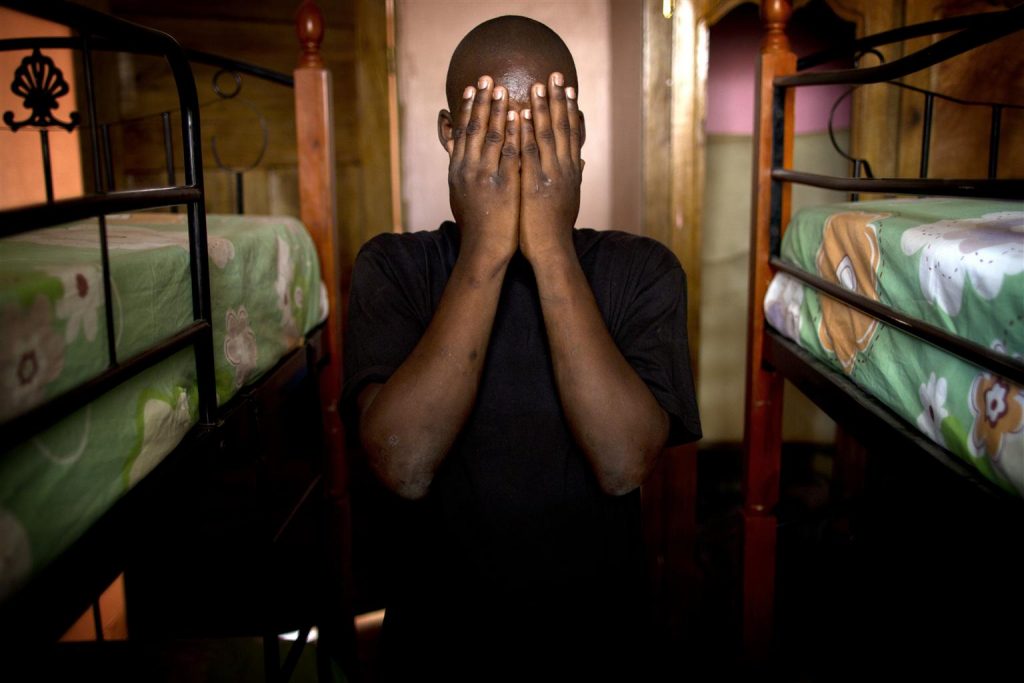From Ebola in West Africa, to the Nepal earthquake, Syria and the European refugee crisis, there is increasing recognition of the need to engage more deeply and systematically with the social, political and economic contexts of health and humanitarian crises. Poor understanding of these dynamics and limited integration with local contexts has long been a source of frustration in the humanitarian and development community and ‘context blind’ responses can contribute to additional costs and harm. Our vision is of humanitarian responses which are effective, sensitive to vulnerabilities and power relations, and planned in consultation with affected communities and local institutions.
Building on the experience of the Ebola Response Anthropology Platform, the Social Science in Humanitarian Action: A Communication for Development Platform will establish networks of social scientists with regional and subject expertise to rapidly provide insight, analysis and advice, tailored to demand and in accessible forms, to better design and implement the social and communication dimensions of emergency responses.
The Platform launched in early 2017 is a partnership between UNICEF and IDS and support from Anthrologica. Our aim is to work closely with stakeholders within the humanitarian system and academia and to this end we welcome new partners.
Scope
The Platform will combine both preparedness and response activities. A set of cross-cutting themes will guide these activities. The focus themes are:
Types of emergency: health, natural disasters, conflict.
Social dimensions: political economy, community engagement and cultural logics, social difference and vulnerabilities.
Regional expertise and in-country linkages are of critical importance. Developing these networks is core to our preparedness activities. We aim to work in all UNICEF regions eventually but in 2017 we will concentrate on one region and be ready to provide select social science support to a large scale emergency in any region. Our vision is to expand to all regions by 2021.



